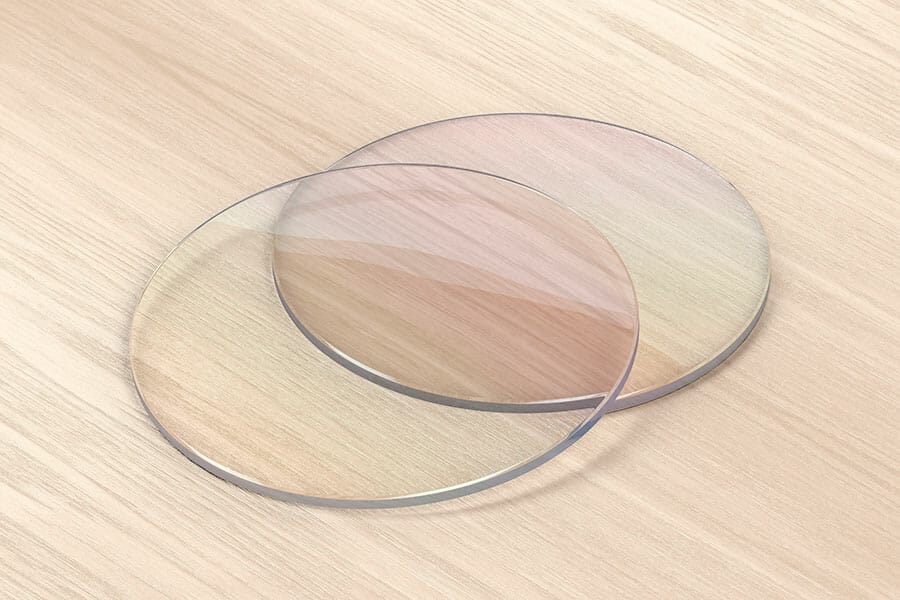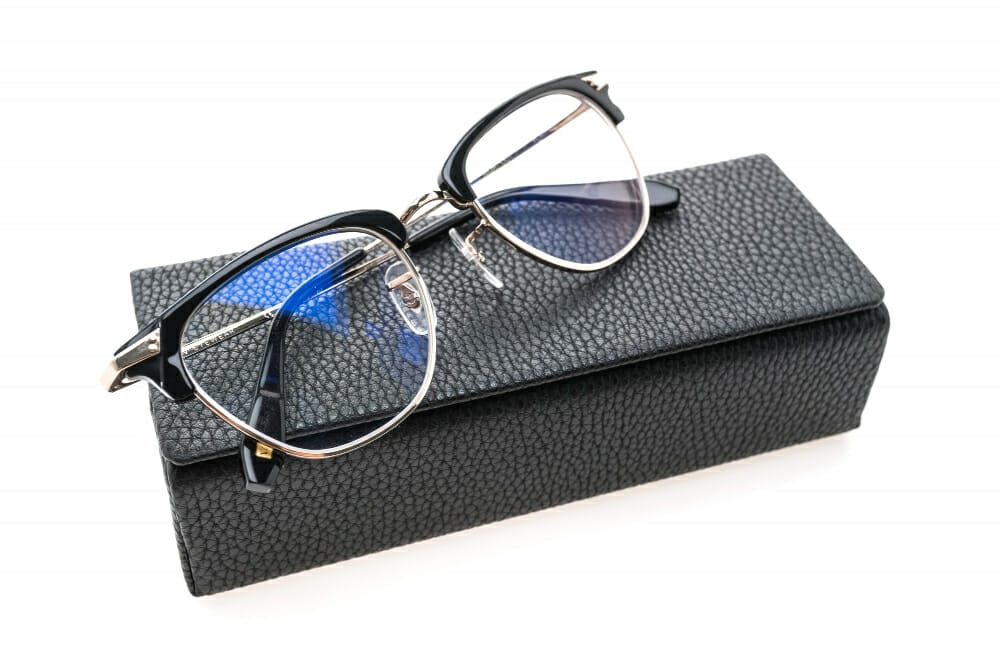Scratch Proof and Scratch Resistant Lens Coatings
Protection for Your Eyewear
While anti-reflective coating is applied to give your eyes additional protection, scratch proofing is there to ensure that those helpful glasses have some protection of their own. Everyone drops their glasses at one point or another, and we’ve all had that annoying realization that one of our lenses just took a scratch that’s not going to come out. Especially for those who invest more money in higher quality glasses or sunglasses, simple measures to ensure that you can keep using them for an extended period of time is a wise investment.
Scratch Proof vs Scratch Resistant
While each of these descriptors seemingly make very different promises, in practice they are used almost synonymously. It’s impossible to create lenses that are literally immune to suffering scratches. At least for now. Products advertised as scratch proof do tend to be more durable than those advertised as scratch resistant, however.
Scratch protection is accomplished either by reinforcing the material itself, or by adding a coating to protect it from damage. The latter method is what is primarily used for protecting eyeglass lenses.
The protective coatings, while made out of incredibly strong material, are very thin and designed to not impair the vision of the person wearing the reinforced lenses. (Other devices featuring lenses or screens, such as cameras and computers, also tend to feature scratch resistant coatings.
There are many ways in which eyeglass lenses can become scratched, so if you want your eyewear to last (and especially if you want kids’ eyewear to last), you should consider choosing scratch resistant or scratch proof options. These days, most eyeglass lenses do have built-in scratch resistant coating, but it is not universal, so when talking with our optician, make sure that you let them know you want your lenses to have a protective coating. You can also ask them about the different warranties on lenses treated to be scratch resistant and on those without such treatment.
Anti-Fog Coating
As opposed to the previously discussed lens coatings, anti-fog coatings are a much more niche add-on for your eyeglass lenses. Anyone who’s worn glasses in the winter has experienced them fogging up when they go into a warmer location from the cold outdoors. Fogging of your personal lenses, just like that of your car’s windshield, can become a safety issue, as it temporarily limits your ability to see.
In more recent days, with so much of the world wearing masks, glasses wearers have all experienced the irritating fogging up of lenses caused by most masks not creating an airtight seal over your nose.
Options for anti-fog coatings include the factory-applied coating Fog Free, which prevents the condensation of moisture on the lenses that leads to fogging, wipes and cleaning cloths for glasses that prevent fogging, and liquid which can be applied to lenses that keeps the lenses fog free for up to a week according to the manufacturer.
Anti-UV Coating
While everyone is familiar with the (ultraviolet) UV ray protection provided by sunglasses, an additional form of UV protection exists in the form of a protective dye that can be applied to lenses of all types. Note that many types of lenses have 100 percent protection from the damaging UV rays built in, so these would not require any additional coatings. It is very strongly advised that you make sure any glasses you wear provide this protection, to avoid potential eye issues in the future. If you aren’t sure whether your eyewear includes proper UV protection, ask our optician to check them for you.

















